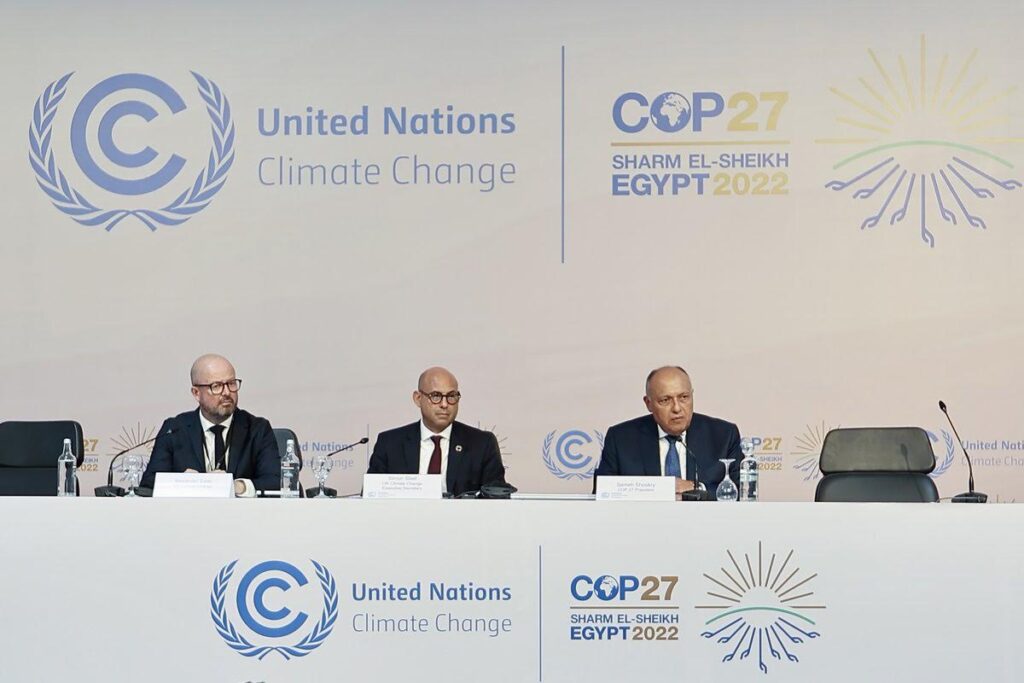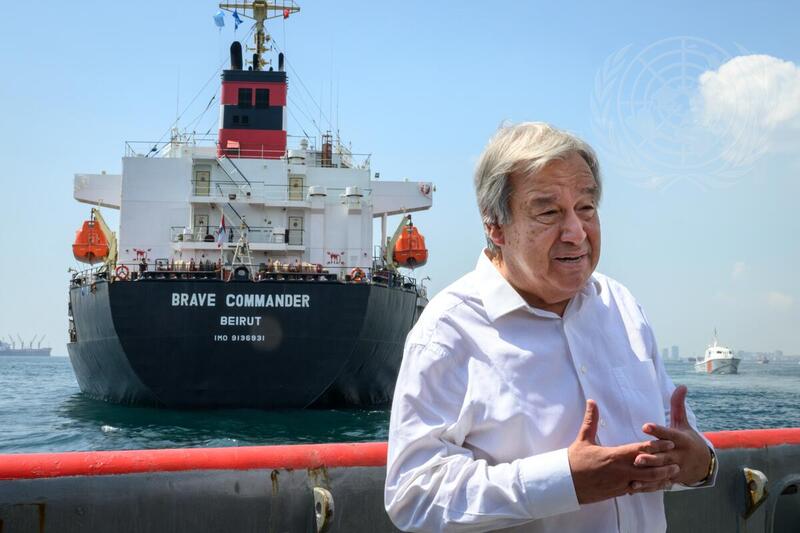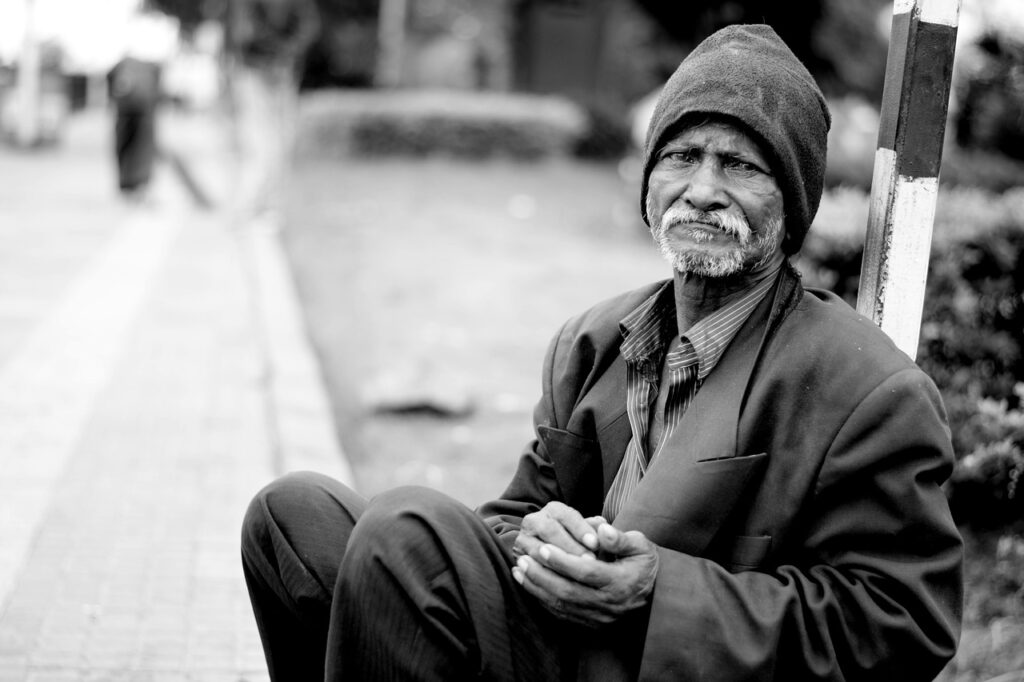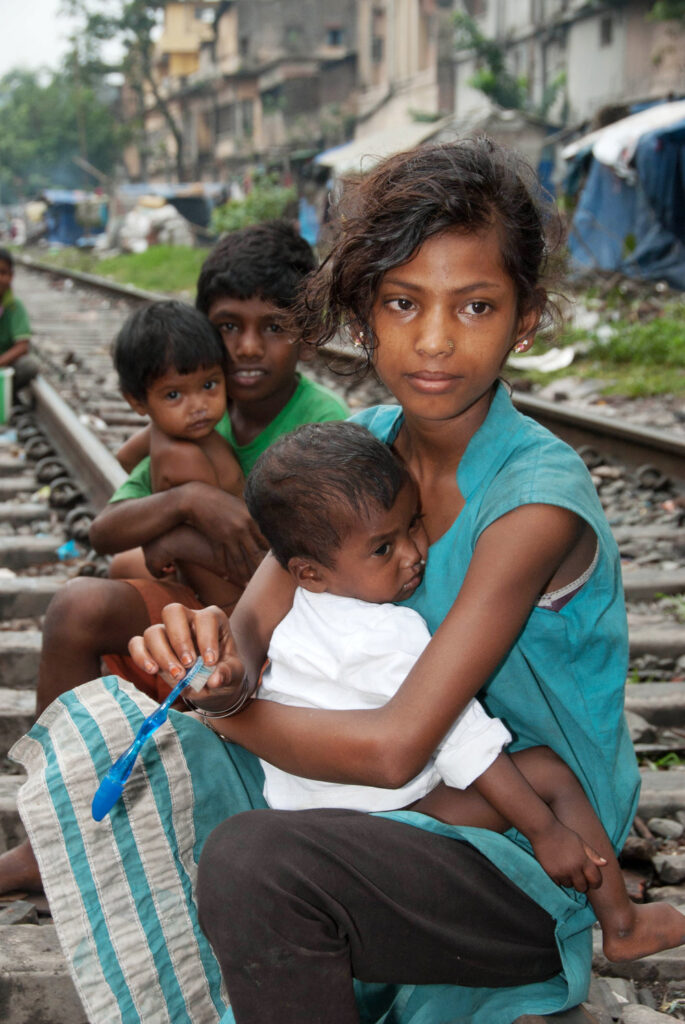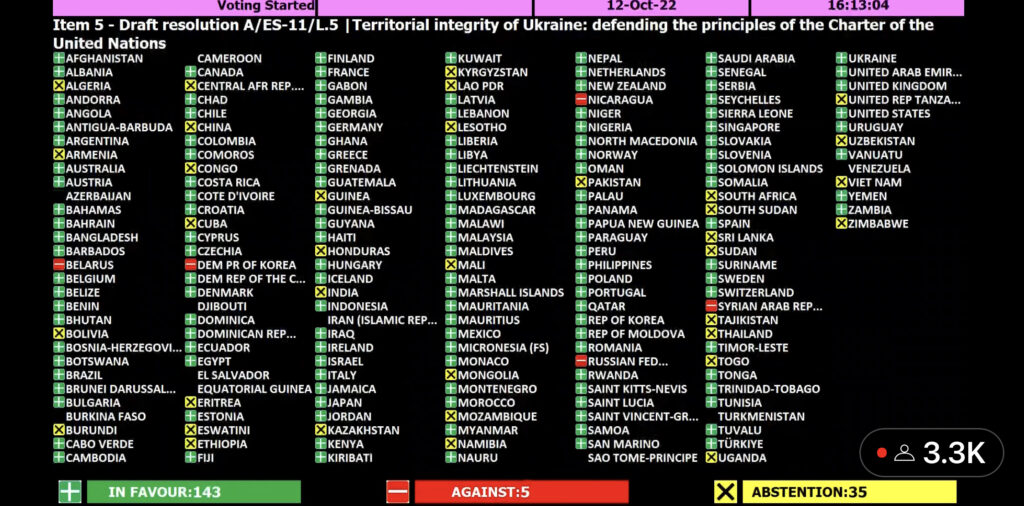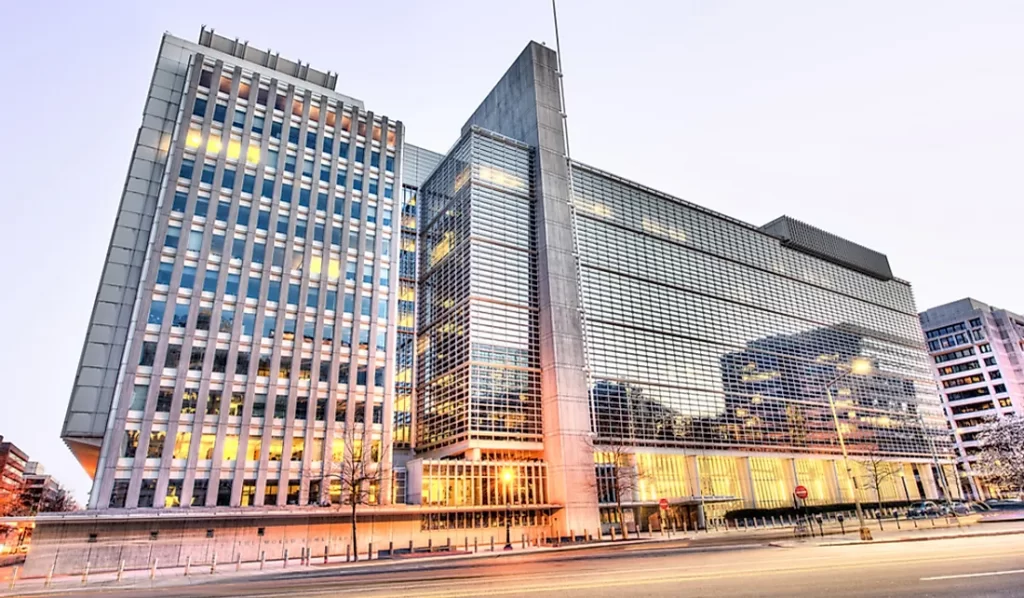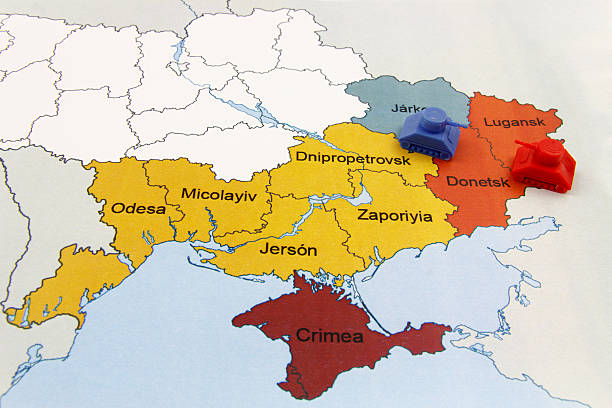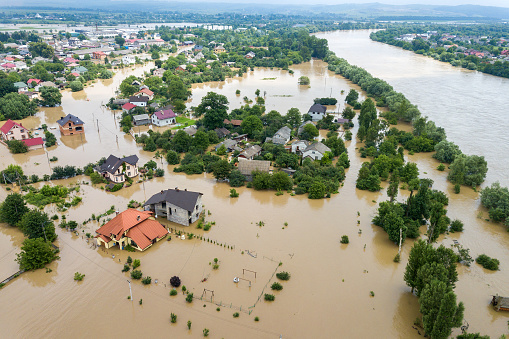Climate change summit in Egypt urged to take urgent action
Sharm el-Sheikh/New York, November 6 – The climate summit opening in the famed Egyptian tourist city of Sharm el-Sheikh is strongly urged to implement programs agreed at previous meetings such as reduce emissions and finance projects to help countries adapt to climate consequences.
The U.N. said over 30,000 people have registered to attend the summit running from November 6 to 18 at the Sharm el-Sheikh International Convention Centre. They include government officials of the 197 countries that signed the UNFCCC, businesses, non-government organizations and civil society groups. The U.N. said COP27 programs include finance, science, youth and future generations, decarbonization, adaptation and agriculture, gender, water, energy, biodiversity and solutions.
This year’s high-level meeting is known as the 27th Conference of the Parties, or COP27. At the COP26 in Glasgow, Scotland, in 2021, governments agreed to act on climate plans agreed upon at the Paris conference in 2015, which called for limiting atmospheric warming at 1.5 degrees Celsius by the end of the centuryand for developed countries to provide $100 billion a year to assist developing countries.
But a study published by the U.N. Framework Convention on Climate Change (UNFCCC) on October 26 said plans submitted by countries to reduce global greenhouse gas emissions, which contribute to earth warming, have failed their targets and temperatures may rise to at least 2.5 C, a level deemed catastrophic
U.N. Secretary-General Antonio Guterres said in a message to the opening of COP27 that the last eight years have been the warmest on record, “making every heatwave more intense and life-threatening, especially for vulnerable populations.”
Citing a report by the World Meteorological Organization, he said, “Sea levels are rising at twice the speed of the 1990s – posing an existential threat for low-lying island states, and threatening billions of people in coastal regions. Glacier melt records are themselves melting away – jeopardizing water security for whole continents.
“People and communities everywhere must be protected from the immediate and ever-growing risks of the climate emergency. That is why we are pushing so hard for universal early warning systems within five years. We must answer the planet’s distress signal with action — ambitious, credible climate action. COP27 must be the place – and now must be the time.”
A report issued by the U.N. Environment Program – Adaptation Gap Report 2022 – ahead of COP27 called for increasing funding and implementing programs devised to assist vulnerable countries and communities deal with climate emergencies. It estimated annual funding at between $160 billion and $340 billion by 2030 and $565 billion by 2050.
Inger Andersen, Executive Director of UNEP, said, “Climate change is landing blow after blowupon humanity, as we saw throughout 2022: most viscerally in the floods that put much of Pakistan under water. The world must urgently reduce greenhouse gas emissions to limit the impacts of climate change. But we must also urgently increase efforts to adapt to the impacts that are already here and those to come.”
World Health Organization: climate crisis spread diseases
WHO said health must be front and center of COP27 because the climate crisis continues to cause sickness and jeopardize lives and that health must be at the core of critical climate negotiations. It called on the summit to conclude with progress on the four key goals of mitigation, adaptation, financing and collaboration to tackle the climate crisis.
Dr Tedros Adhanom Ghebreyesus, WHO Director-General, said. “Climate change is making millions of people sick or more vulnerable to disease all over the world and the increasing destructiveness of extreme weather events disproportionately affects poor and marginalized communities. It is crucial that leaders and decision makers come together at COP27 to put health at the heart of the negotiations.”
WHO said climate change is expected to cause approximately 250.000 additional deaths per year from malnutrition, malaria, diarrhoea and heat stress between 2030 and 2050.
It said the direct damage costs to health (excluding costs in health-determining sectors such as agriculture and water and sanitation), is estimated at between $2 and $4 billion per year by 2030.
(By J.Tuyet Nguyen)
United Nations correspondent journalists – United Nations correspondent journalists – United Nations correspondent journalists – United Nations journalism articles – United Nations journalism articles – United Nations journalism articles – United Nations News – United Nations News – United Nations News
Climate change summit in Egypt urged to take urgent action Read More »

